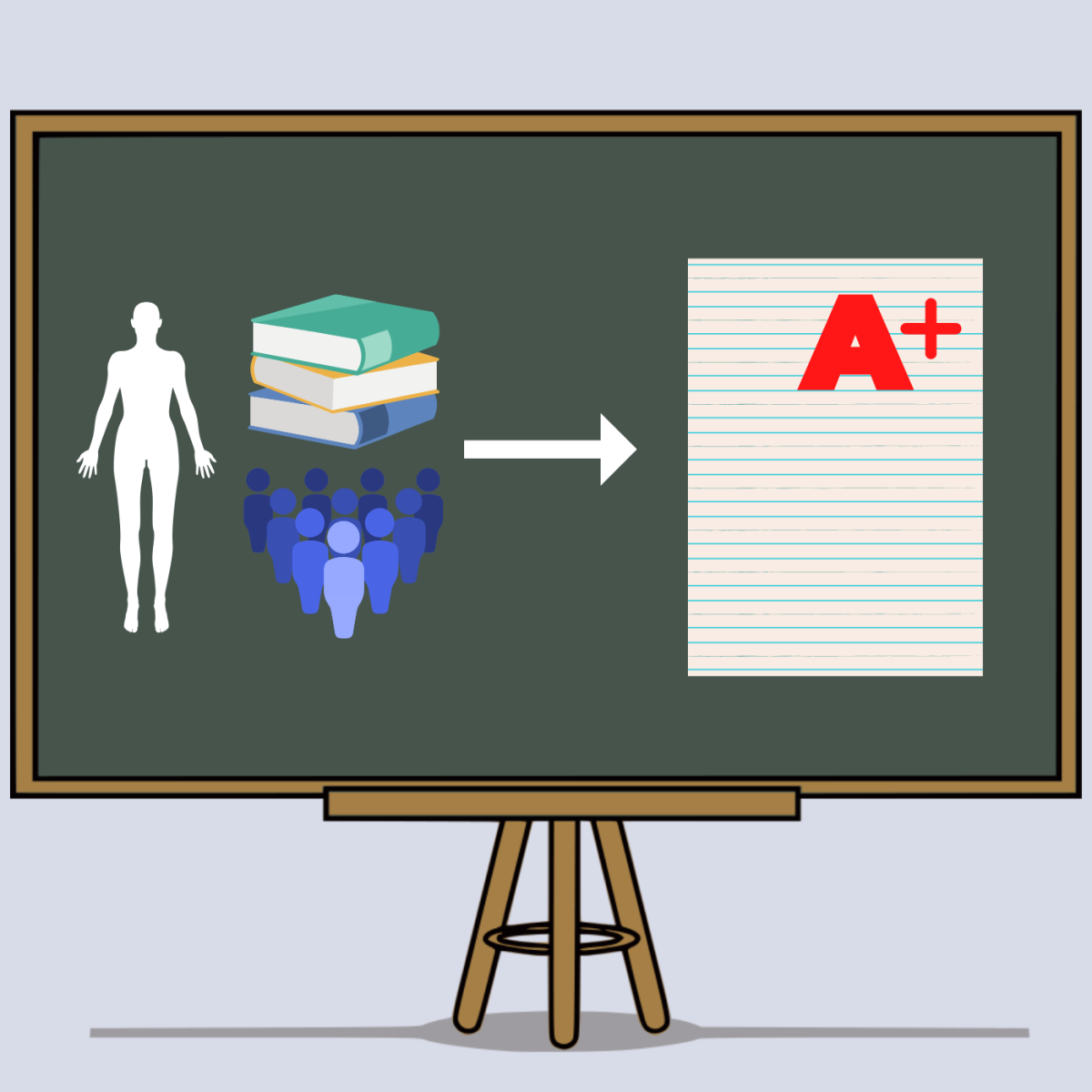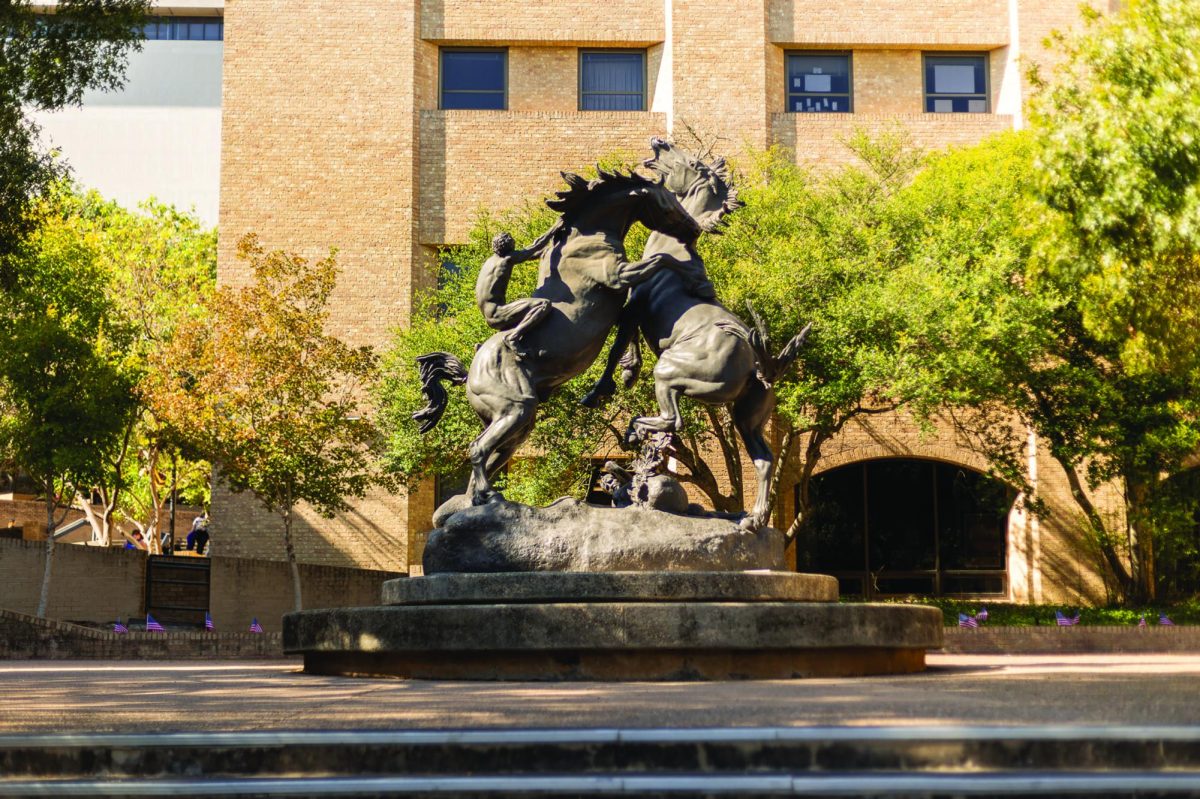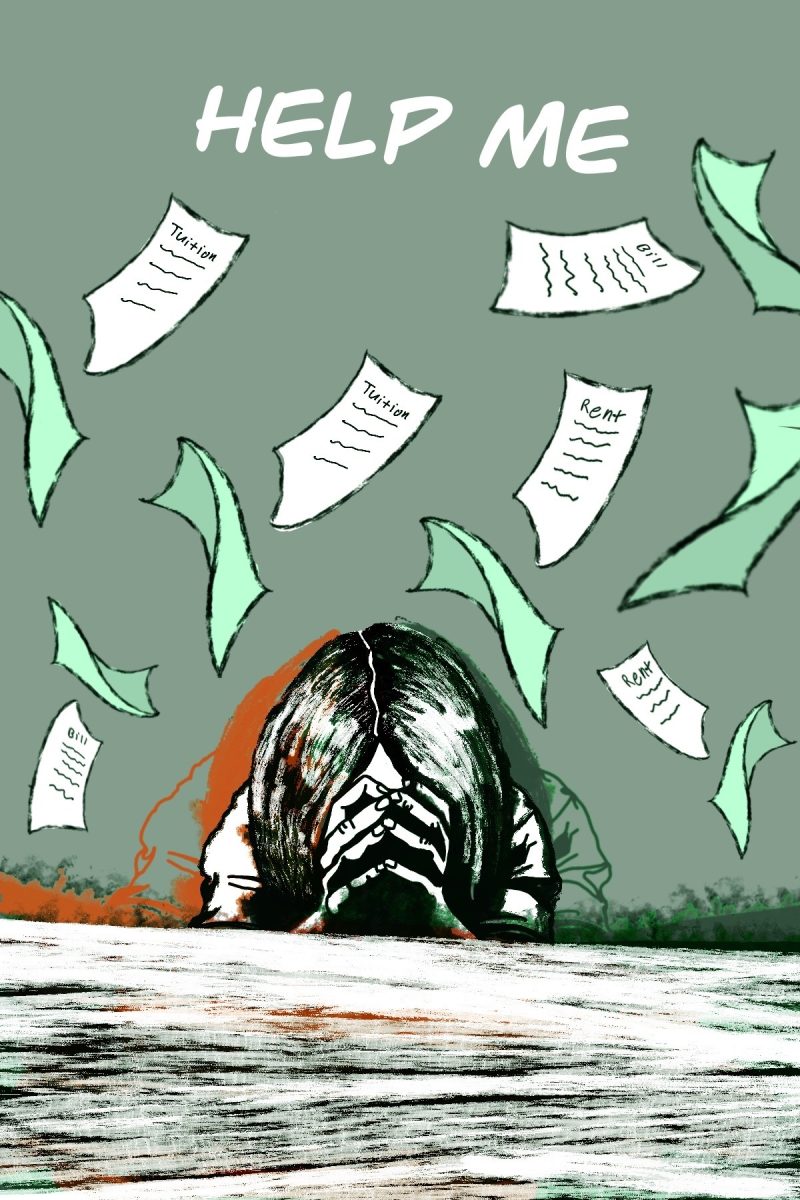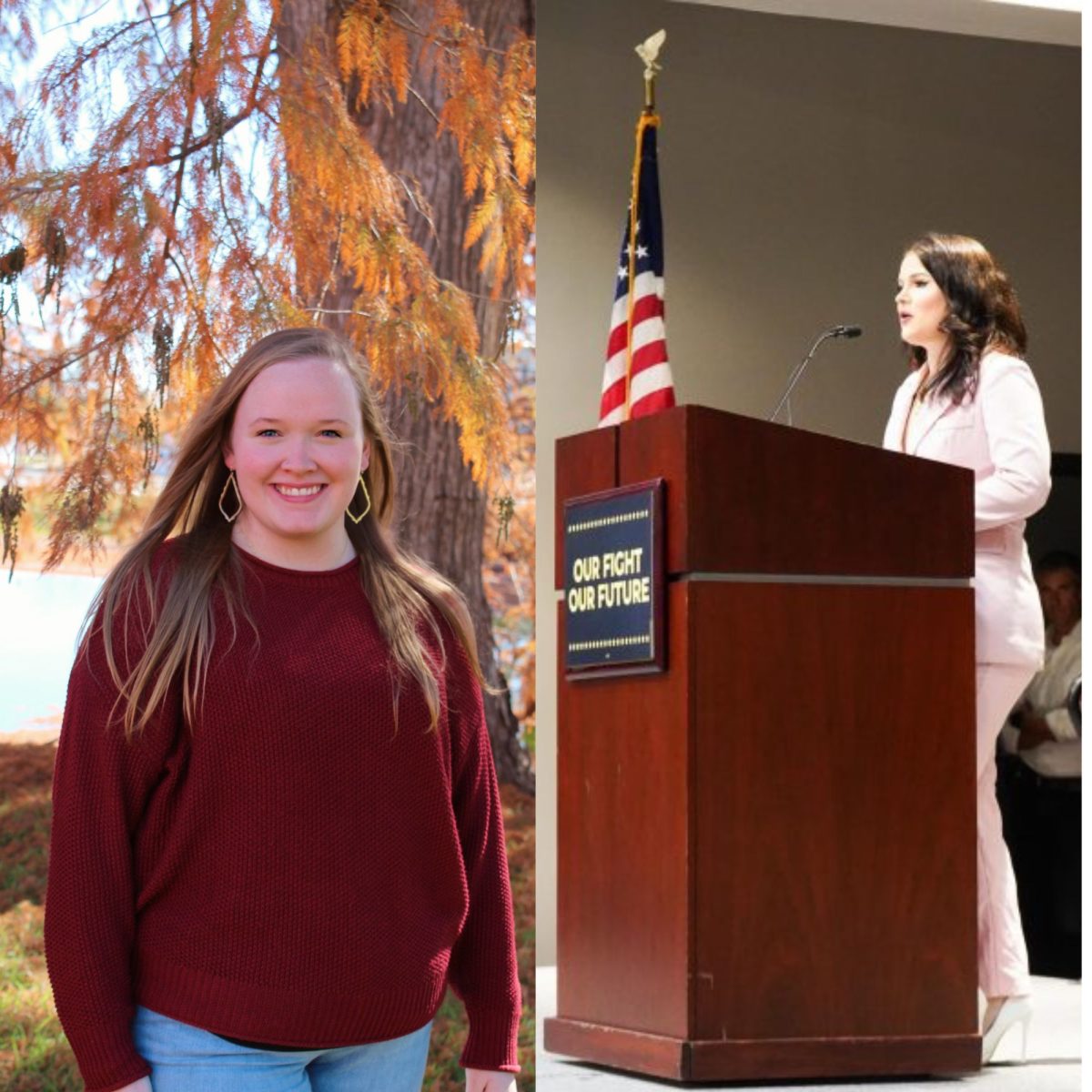Undergraduate students are not being properly trained to instruct labs for biology students. Texas State should not want students taking labs to be left with an unexperienced instructor who may leave them at a disadvantage when it comes to course material.
In the Department of Biology, lab courses are typically taught by students. Graduate students often depend on this employment to pay their tuition, as in some labs, students are discouraged from seeking employment elsewhere.
In order to teach these labs as a graduate Instructional Assistant, or IA, students must enroll in a one-hour course, BIO 5100, intended to provide students with instruction in teaching.
In this course, faculty may instruct students in pedagogy, help them make plans for when things go wrong in a lab, require students to attend seminars about biology topics and even introduce students to established scientists who can give advice on choosing a career after graduation.
These BIO 5100 courses are an important requirement for graduate IAs—if a student has never taught before, this course can give them the tools they need to run a classroom and evaluate student work effectively. It helps to standardize the way IAs teach their labs and helps all undergraduates enrolled in these labs get an equitable education.
However, when there are not enough graduate students to teach labs, the Department must turn to undergraduate labor to fill the gap. Undergraduates are paid on an hourly basis to teach labs. Typically, students are required to have taken and done well in these labs before teaching them.
Save for an initial orientation to how being an IA works, undergraduates are not required or encouraged to seek out further professional development.
Undergraduate IAs, who have usually never taught before, are left to their own devices to teach one or two labs with 16 students each. While they receive some guidance from the lab coordinator, many students still report a feeling of helplessness when it comes to evaluating papers or dealing with unexpected situations in the lab.
Students enrolled in labs communicate with one another about how their labs are going. Often, they find discrepancies in the way their labs are taught depending on which IA they have.
This is to be expected—it would be unreasonable to assume that several different people would teach and evaluate student work in the exact same way. However, this becomes problematic when students feel as though their IA is not giving them an equal opportunity to learn and succeed.
If one student has an IA who grades their assignments with an overly critical eye, and their friend has an IA who gives marks for simple completion, that leaves those students—enrolled in the same lab with the same course code and the same position on their transcripts—unequal footing when it comes to a final grade.
While professional development can only do so much toward equalizing the ways IAs teach their labs, it can at least guide student in the basics of teaching– how their lab experiments work, what to consider when making and evaluating student assignments and how to cope with unexpected situations.
Graduate IAs spend an hour a week with experienced faculty guiding them in how to respond to issues like student anger, or chemical spills, but undergraduate IAs may not receive the same information.
The Department of Biology, and other departments within the College of Science and Engineering, should consider creating a specialized program that would give undergraduate IAs professional development instruction similar to that received by graduate IAs.
—Toni Mac Crossan is a Biology graduate student.
Opinion: Undergraduate instructors need professional development
March 5, 2020
0
Donate to The University Star
Your donation will support the student journalists of Texas State University. Your contribution will allow us to purchase equipment and cover our annual website hosting costs.
More to Discover














